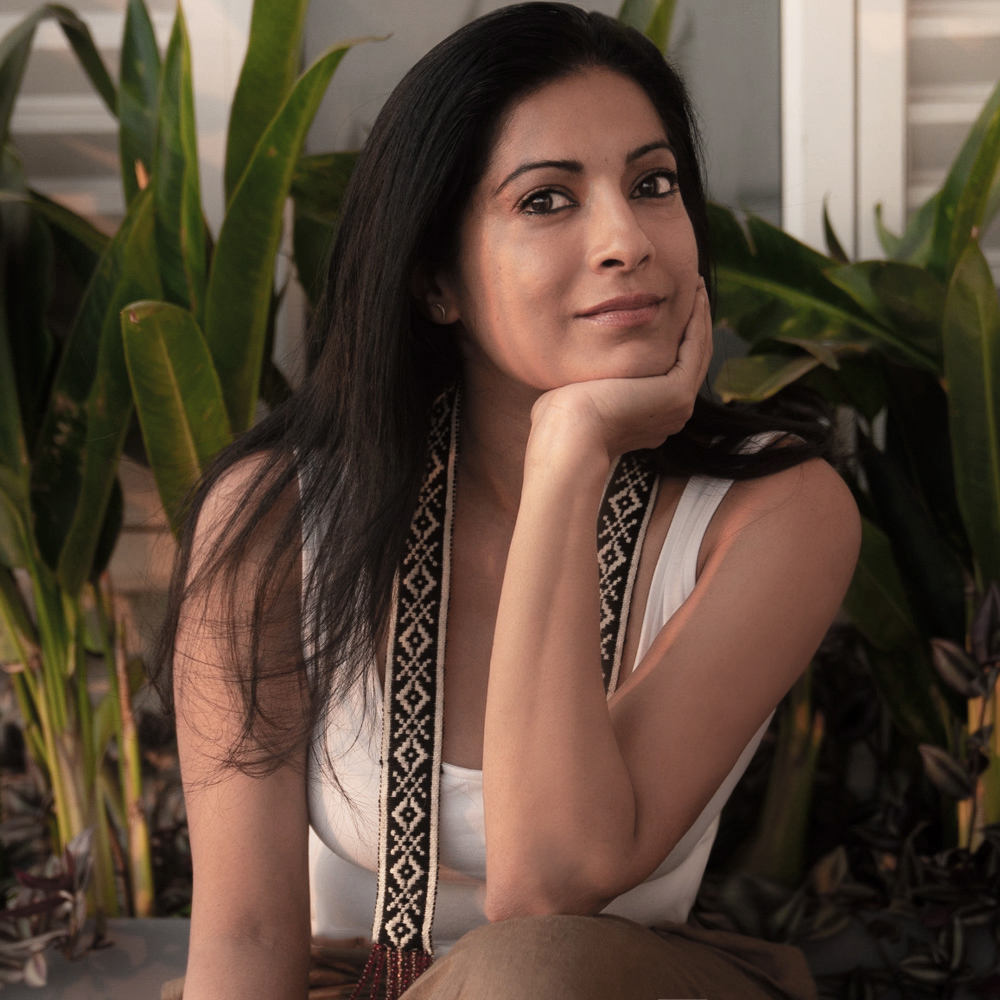Simple, Sublime Garden Radish on a Plate of Gratitude
When garden produce manifests as a bunch of the freshest radishes (or “red globes”, as the little bulbs are fondly known), the first thing that strikes the eye is their colours: deep, jewel-toned pink-red skin that is contrasted by large, dark leafy greens shooting from their tiny hearts. As the last light of the evening illuminates the dirt-mottled red bulbs, they glow.

I am mostly a simple eater but that is not always so. I too fight the unimaginative yearnings that toxic, addictive, convenient food culture makes us all feel.
A garden like this one here makes a return to simplicity easier. It yields magical fruit-of-the-soil constantly, consistently, if one cares to look. It isn’t much different in the city backyards, balconies and local farmers’ markets. A simple, sublime radish dish is within reach for most of us. We would be aware of this if we examined our choices a little more deeply.
A few ingredients at hand to assemble on the counter and about fifteen minutes to bring them together is all it takes to reconfigure our food psyches and reaffirm our connection with produce while being mindful of their taste, colour and origins. It does, however, take practice to reincentivize our motives for eating well, eating responsibly and eating sustainably while holding dear, all at once, simplicity, tradition, feasts and sharing.


Now, as I gaze at my red globes, a “recipe” comes to mind. I know what I will do with them this evening. There is a method amidst these words, but this isn’t so much of a recipe as it is a celebration of simplicity. At its heart is a garden vegetable harvested from my piece of earthworm-friendly earth. The most basic ingredients suffice to alchemize the radishes, making them a gratifying meal, while also inducing a small meditation as they make their journey from the garden to the table.
I cannot quite recollect where I chanced upon this technique in a chef’s memoir, I think – but it was around seven years ago, when there was a revelation on the best way to eat a red radish. Apparently, this is the French way. Instead of relegating the little radishes I bought from the Kotagiri farmer’s market into a salad (I cannot bring myself to cook these delicate bulbs), I was filled with utter delight as my newfound preparation of the radish tingled my mouth – tartly, spicily, sweetly, butterily and saltily. The French – as they almost always seem to do, so simply yet sophisticatedly with seasonal produce – had indeed elevated the humble red globes to a place of honour by simply serving them as an appetizer with a dollop of the best butter and flakes of sea salt. The butter should be salted for utmost pleasure, I’ll add. The “best” butter, yes, perhaps, but the faithful, equally joyous, unfailingly Indian Amul salted butter did just as well. I had a box of Maldon flakes handy and then, just like that, a basketful of salted buttered globes were lunch, along with cold, crisp glasses of New Zealand white to wash them down pleasurably.
Not long after, my own little veggie patch yielded a small harvest of scarlet bulbs. I gave them a good cleaning, preciously saved the leaves for my mom’s special radish leaves sambar to be had the very next day, and sliced my globes as thinly as I could. There was good sourdough that was screaming to be used fresh from the kitchen counter. I had a slab of (unsalted) Président butter this time around – not what I’d call the best, but certainly French – which I slathered the thick slices of slightly toasted, deliciously yeasty bread with. The delicate slices of the garden globes sat lazily atop the buttered toast with a sprinkling of fleur de sel.
There was no better lunch ever made. It has been said that the most basic ingredients in our gardens have the power to preserve gratitude. This is true for this simple, sublime dish of radish.

